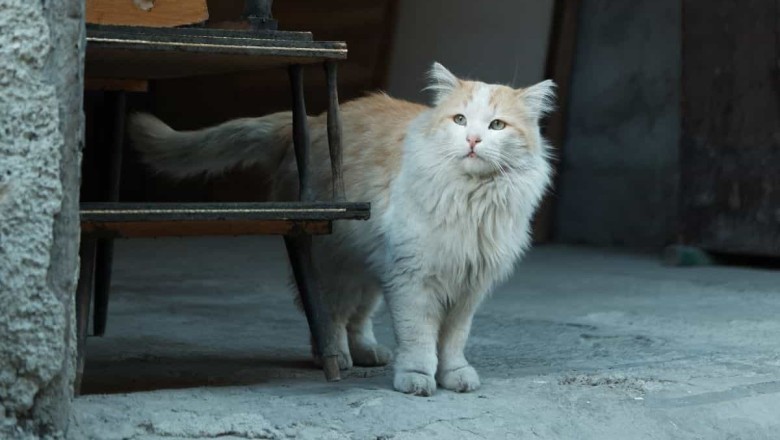
views
"Tips from a Veterinarian on Enhancing and Prolonging the Life of an Elderly Cat"
Introduction
Discover valuable insights from Dr. Clarissa Porter, a veterinarian from PetSmart, on caring for elderly cats and ensuring their healthy aging process. With cats living up to 10 years or more, it is important to provide them with the necessary care and attention as they age.
1. Regular Veterinary Check-ups
Regular visits to the veterinarian are crucial for the well-being of aging cats. Dr. Porter recommends scheduling check-ups at least 1 to 2 times per year. These visits allow for the early detection of conditions such as diabetes, kidney and liver diseases, cancer, and arthritis. Timely intervention and management can significantly improve the quality and longevity of a cat's life.
2. Climate Considerations
Colder weather can have adverse effects on cats, especially as they age. Dr. Porter advises owners to take precautions during winter months to protect their feline companions from respiratory issues and cold-related ailments. Creating a warm and comfortable environment is essential to safeguard their health.
3. Identifying Signs of Aging
Observing signs of aging in cats is crucial for addressing their specific needs. If activities that were once routine become challenging, it may be indicative of conditions like arthritis. Prompt consultations with a veterinarian can lead to pain management solutions, such as medications or the use of orthopedic beds, to improve mobility and comfort.
4. Dietary Considerations
The nutritional needs of elderly cats may change over time. Dr. Porter suggests consulting a veterinarian to adjust their diet accordingly. A balanced and age-appropriate diet is essential for maintaining overall health, managing weight, and addressing specific age-related dietary requirements.
5. Maintaining Mental Stimulation
Mental stimulation plays a vital role in preventing cognitive decline in elderly cats. Dr. Porter recommends engaging in activities that stimulate their minds, such as interactive toys and play sessions. Providing mental stimulation enhances their overall quality of life.
6. Emotional Support and Comfort
Elderly cats may require increased emotional support and comfort. Creating a quiet and comfortable space, providing soft bedding, and offering extra attention can contribute to their well-being. A supportive and nurturing environment is particularly important for aging cats, helping them navigate the challenges that come with advanced age.
Conclusion
By following the tips provided by Dr. Clarissa Porter, cat owners can proactively enhance and prolong the lives of their elderly feline companions. Regular veterinary check-ups, climate considerations, dietary adjustments, mental stimulation, and emotional support all play significant roles in ensuring healthy aging for cats. Taking these steps can help owners provide the best possible care for their beloved pets, allowing them to age gracefully and enjoy a high quality of life.












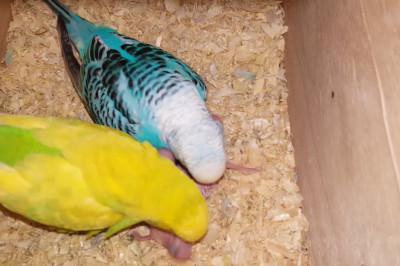
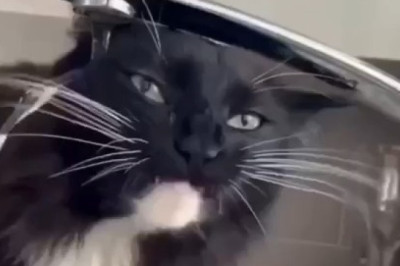
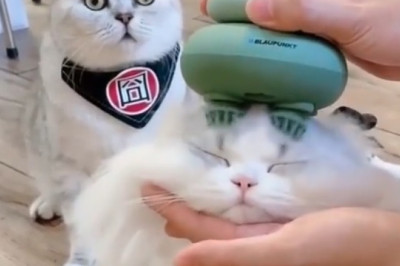
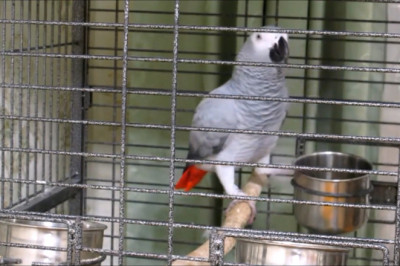
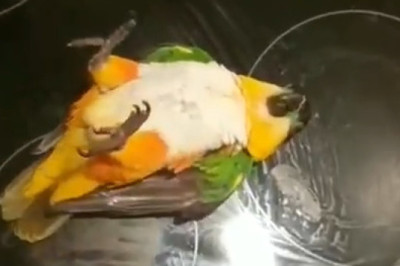
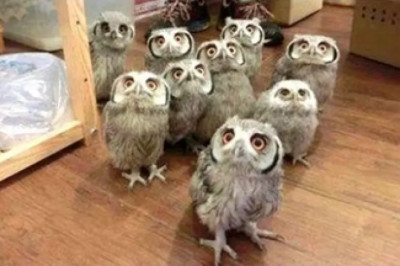

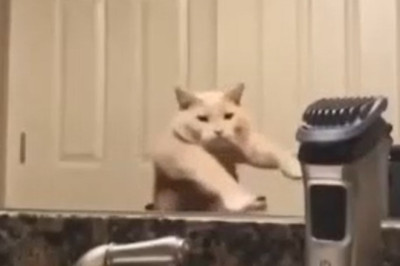
Comments
0 comment